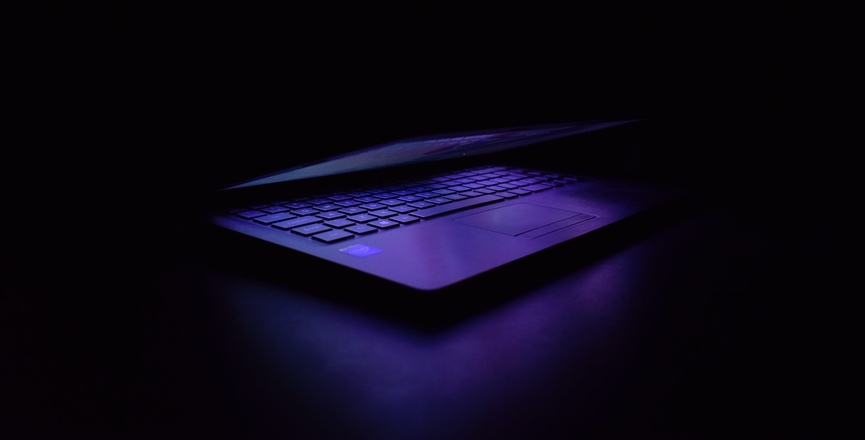A disturbing New York Times exposé has detailed incidents of non-consensual videos shared on adult website Pornhub, including videos involving sexual assaults, underage girls and sometimes children.
In response, Pornhub announced in a statement new “comprehensive measures” to “further protect” the platform from inadvertently sharing non-consensual and illegal materials including expanding its auditing measures to identify potentially illegal content.
However, sweeping and innovative changes are further necessary to keep pace and protect survivors within a rapidly changing technological environment. We think such changes could be achieved with personal copyright protection.
Let’s consider a few examples in which copyright led to extensive online reforms.
In 1999, file-sharing website Napster was introduced and changed the internet as we know it. The original site and others like it let users distribute files like music and movies, globally, and with little restraint. The trouble was that the majority of files on Napster were copyrighted.
Napster founder Shawn Fanning asserted that the site was just a good way to share music with people and that Napster was not responsible for the individual actions of its users who were uploading the copyrighted material. Napster was sued by the recording industry for copyright infringement and lost. The site was restructured and now operates legally as an online digital music service.
YouTube launched in 2005. The site was acquired by Google the following year, and at the time was considered a very risky acquisition because the site, like Napster a few years earlier, was the subject of numerous copyright infringement concerns.
On YouTube, users shared copyrighted movies, television shows, and music videos, attracting the ire of copyright owners. Mass media conglomerate Viacom filed a lawsuit demanding more than US$1 billion from parent company Google. In response, YouTube debuted its copyright enforcement in 2007. YouTube is now the second-most popular search engine in the world.
What if all the content on Pornhub was copyrighted — including cell phone videos and images? And what if this copyright belonged to the individuals whose images are depicted? What if they could invoke copyright infringement over the sharing of their personal images when those images are shared by others without their consent? What if the site was open to possible liability to the potential cost of say billions in damages?
If women and girls owned the copyright to their personal images it would provide them with the legal recourse to not only have images removed, but also to hold Pornhub (and other sites) liable for damages. As it stands, when individuals become aware of non-consensual sexual images shared online, they may request that the website owner remove those images or videos from the site. However, there is very little legal power to enforce removal, and no protection to prevent those images from being subsequently reuploaded to the site.
In other words, there are basically no consequences in the form of financial liability for Pornhub and other pornography sites that distribute personal, intimate images, and these sites are not made lawfully responsible to ensure that the images of individuals that they host are consensual and lawful.
There are legal requirements that social media and other sharing websites respect international copyright law and the rights of multi-national media corporations to protect their intellectual property. We should offer survivors of sexual exploitation at least the same legal rights that we give to Disney.
By assigning the copyright of intimate images to the persons depicted therein, survivors of exploitation would be empowered to demand the removal of these images from websites, backed by the threat of legal and financial consequences for recalcitrant websites.
Websites could be legally required to better ensure that the images and videos they host comply with copyright and consent requirements, and this would provide additional protection against child exploitation. Children, by law, cannot consent to share their images; parents cannot consent to share copyright of illegal (child pornography) images.
A government that is truly concerned with survivors’ rights could then assign an advocate to formally represent and subsequently sue offending websites on behalf of individual survivors of sexual exploitation, ensuring that financial barriers to legal representation would not prevent survivors from enforcing their legal rights.
Affording personal copyright protections to individuals will surely be complex and will require innovative and imaginative thinking. Copyright litigation, with the threat of significant financial penalties and enforcement, quickly forced Napster, YouTube and other online sites running afoul of copyright provisions into compliance through technological innovation.
Copyright is one surefire solution to get Pornhub to respond like these sites and recognizing personal copyright of intimate images would certainly be one big step in the right direction.
Stacey Hannem is an associate professor of criminology at Wilfrid Laurier University. Christopher J. Schneider is a professor of sociology at Brandon University.
Image: Agung Raharja/Unsplash



